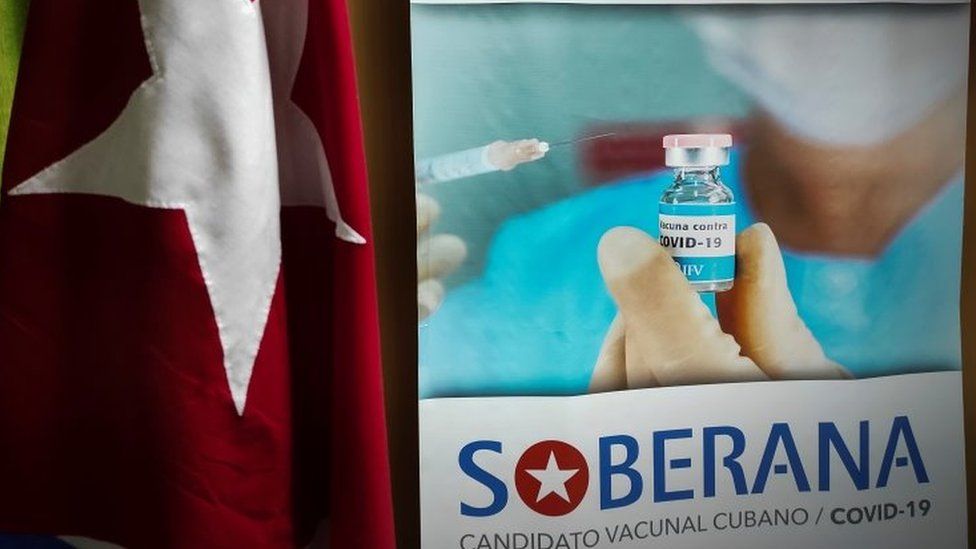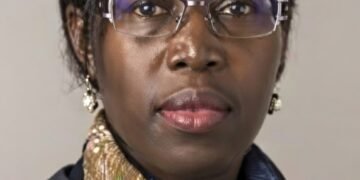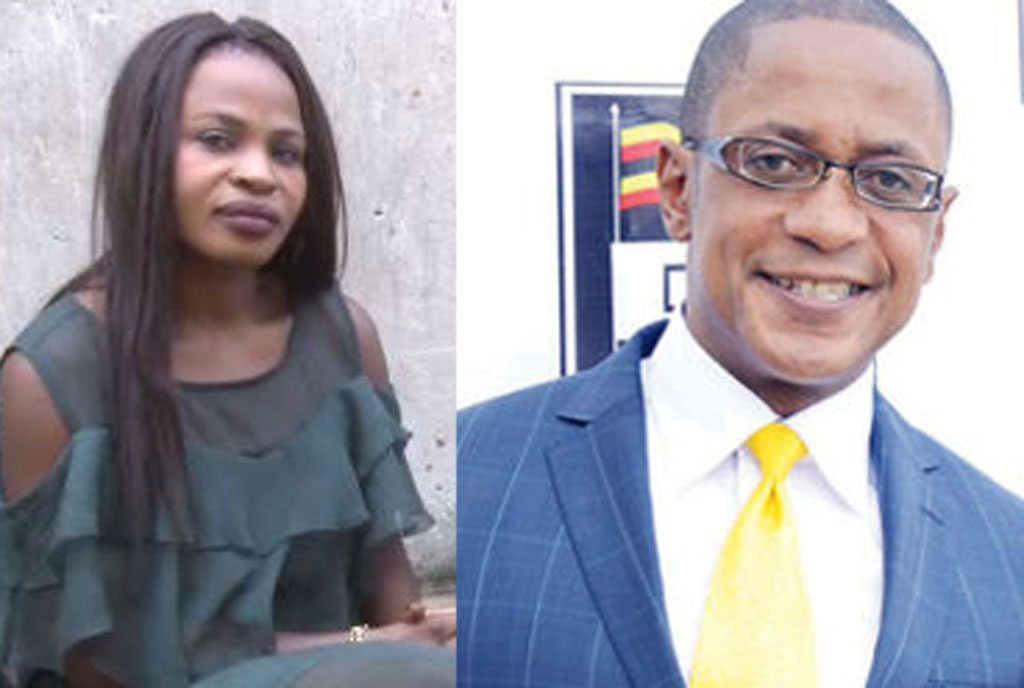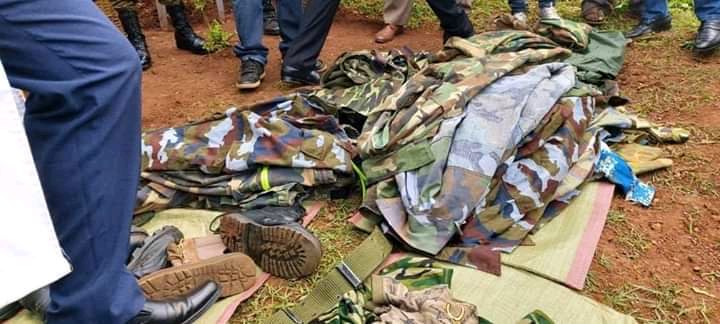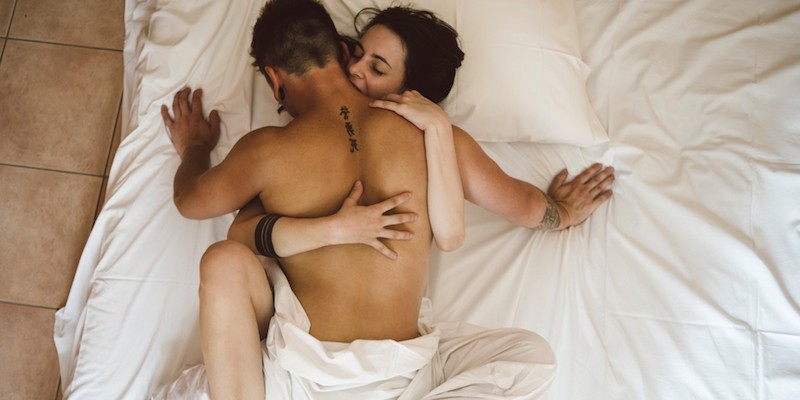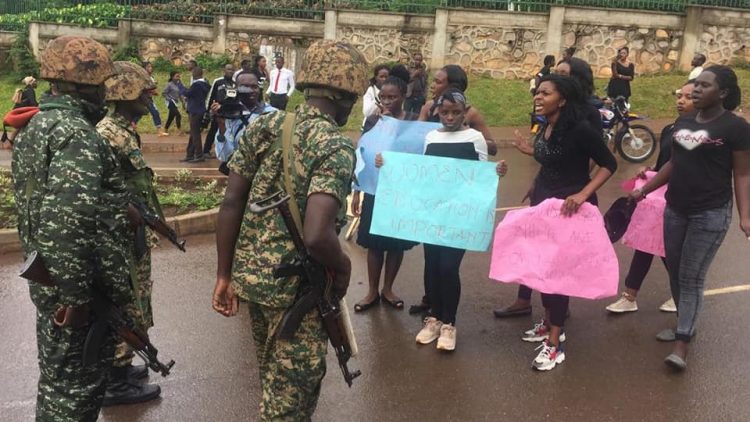Some of the equipment at the Finlay Institute of Vaccines in Havana might be considered outdated elsewhere in the world but the science taking place behind its white-washed walls is cutting edge.
Researchers are working long shifts on Cuba’s best shot to solve its coronavirus crisis: Soberana 2, the island’s domestically-produced Covid-19 vaccine.
Soberana (Spanish for “sovereign”) 2 is a conjugate vaccine – meaning an antigen is fused to a carrier molecule to bolster the vaccine’s stability and effectiveness.
Within weeks, it will be tested on tens of thousands of volunteers.
The results from the first clinical trials were “encouraging” and “very important”, says the institute’s director, Dr Vicente Vérez Bencomo, and the Communist-run government hopes to give the vaccine to everyone on the island by the end of the year.
“Our plan is to, of course, first immunise our population,” explains Dr Vérez at a news conference. “Moving to commercial production of Soberana 2, we’re planning to have in the order of 100 million doses during 2021 and we will dedicate an important part of these doses to the full immunisation of the country.”
In the late 1980s, Cuban scientists produced the first meningitis B vaccine and the then-leader, Fidel Castro, opened the Finlay Institute partly with a view to finding ways around the decades-old US embargo on the island.
If patents from US pharmacological companies would not be available to Cuba, it would find its own solutions in that field, he reasoned.
However, it remains beyond the island’s production capacity to make 100 million doses of the vaccine without some form of international assistance.
Still, even if the US government under President Joe Biden reverses the hard line former President Trump took towards Cuba, the US will not play a role in producing Soberana.
International bodies like the Pan-American Health Organisation (PAHO) hope that Cuba will become the first Latin American country to produce its own vaccine.
“We’re very optimistic,” says PAHO’s representative in Cuba, Dr José Moya. “We’ve been kept informed since the pilot phase of Soberana 2 and during the experimental trials, and we’ve known that Cuba has been investigating the viability of several vaccines since August last year.”


